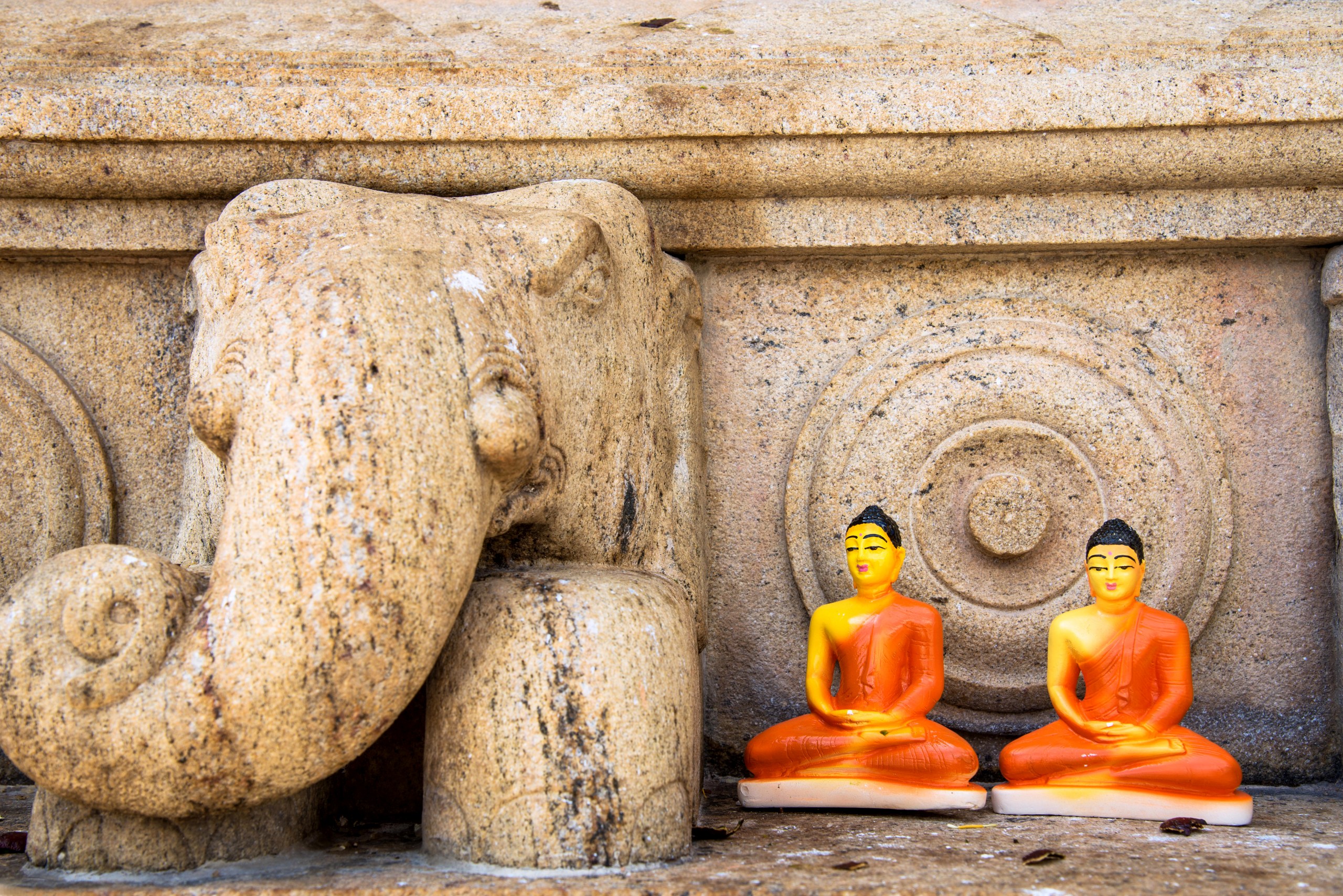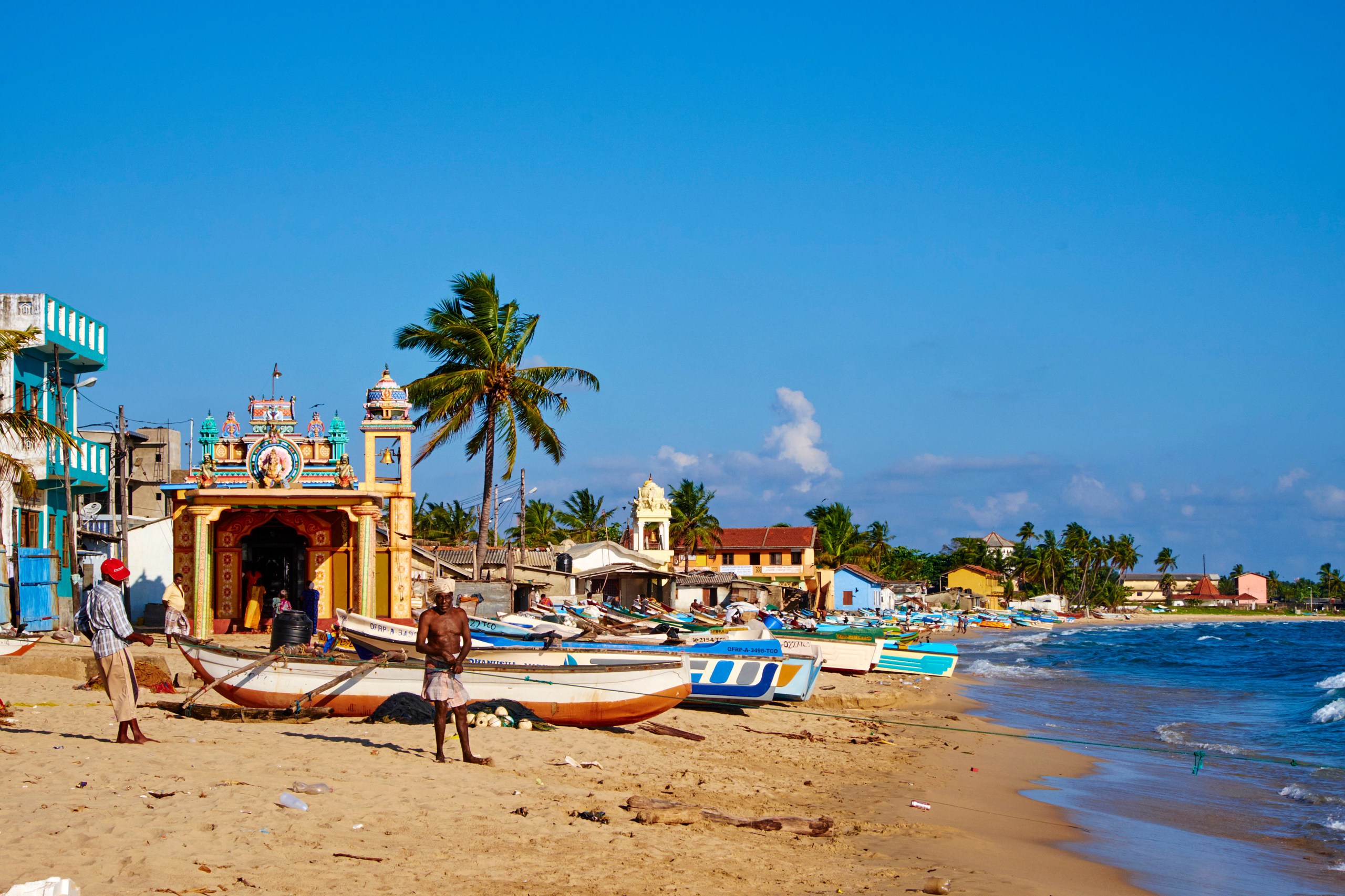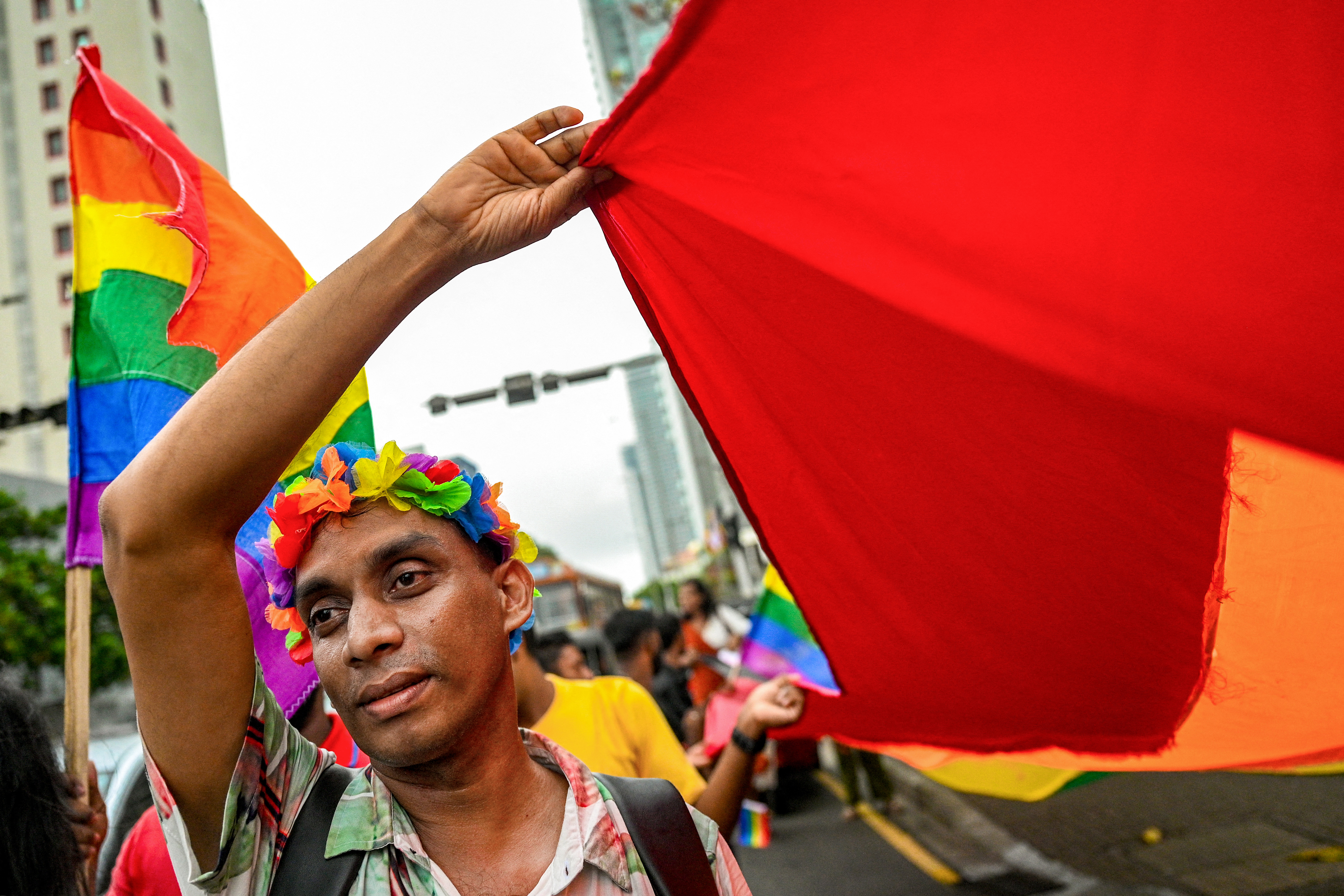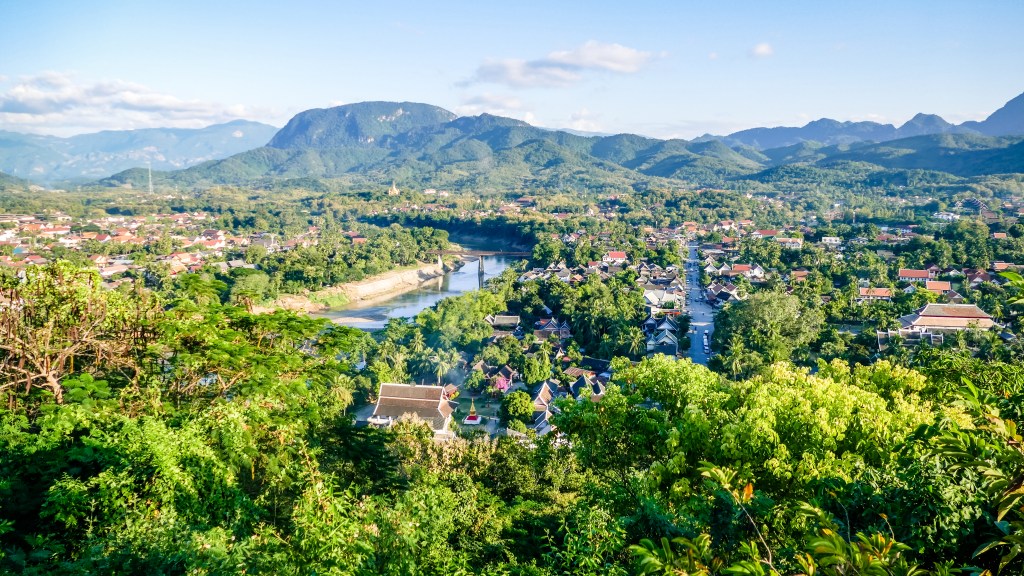Current Safety Assessment for Travelers to Sri Lanka
On May 23, the UK Foreign Office revised its travel advice regarding Sri Lanka, highlighting the risks posed by the chikungunya virus due to a notable outbreak in the region. Additionally, there exists an elevated terrorist threat, with an official statement in October 2024 indicating a strong likelihood of terrorist activities targeting popular tourist destinations, particularly in the Arugam Bay area. The last major terrorist incident occurred on Easter Sunday in 2019, when bombings in three cities led to over 250 fatalities, primarily affecting churches and hotels. This article provides the latest information on travel safety in Sri Lanka.
Assessing Travel Safety to Sri Lanka
Individuals contemplating a trip to Sri Lanka should closely monitor updates from the UK Foreign Office due to ongoing concerns surrounding terrorism and health risks associated with chikungunya.
Understanding the Chikungunya Virus
The most recent advice from the Foreign Office concerning Sri Lanka emphasizes the chikungunya virus as a significant health concern, particularly affecting areas such as Kadawatha, Gothatuwa, Battaramulla (Colombo District), and densely populated locations in Gampaha. This virus is transmitted to humans via infected mosquitoes, leading to non-contagious symptoms like joint pain, rashes, and headaches. Travelers are advised to take precautions to prevent mosquito bites, especially around dusk and dawn, by wearing long clothing and frequently applying insect repellent with 50% DEET. Pregnant women, children, and individuals with chronic health conditions are especially encouraged to exercise caution.
While two new vaccines have recently been approved in the UK, individuals planning to travel to Sri Lanka are recommended to consult with healthcare providers or travel clinics to discuss appropriate preventive measures.
Foreign Office Travel Guidelines

On October 23, the UK Foreign Office reiterated the heightened terrorist threat in Sri Lanka, warning that attacks may occur in public spaces frequented by tourists, including hotels and places of worship. Additionally, the current economic climate has led to an increase in opportunistic crimes like thefts from accommodations and street robberies. Therefore, travelers are advised to remain vigilant and secure their belongings, though violent crime remains relatively low.
The Foreign Office also cautions about the potential for drug-related incidents, like spiked drinks, urging travelers to monitor their beverages closely and purchase their own. Credit card fraud is prevalent; it is advisable to keep your card within sight during transactions and to use ATMs located at established banks or major hotels.
Carrying your passport at all times is recommended for all visitors.
Visa Requirements for Entry into Sri Lanka

Travelers from the UK must obtain a tourist visa to visit Sri Lanka, with costs starting at US$50 for online applications (eta.gov.lk/slvisa). Alternatively, visas can be acquired upon arrival for US$60, though this may involve longer wait times, especially during peak periods.
UK passport holders can choose between a 30-day tourist visa, allowing double entry for visits combined with nearby countries, or a single-entry, 180-day visa. No visa is required for transiting through Sri Lanka for less than 24 hours.
It is advisable to complete the embarkation form online (eservices.immigration.gov.lk) three days prior to travel to expedite entry upon arrival.
Ensure your passport is valid for at least six months upon arrival in Sri Lanka.
Safety Considerations for Female Travelers

Female travelers may encounter discomfort while traveling alone in Sri Lanka. Although the country is generally safe, incidents of verbal and physical harassment by men have been reported, particularly in crowded venues such as markets and public transport. The Foreign Office recommends caution when traveling solo or in small groups and suggests considering the use of a safety alarm. Dressing modestly may enhance comfort during your travels.
Safety for LGBT Travelers

Same-sex relationships are illegal in Sri Lanka, so public displays of affection should be avoided. Nevertheless, there exists an LGBT community, and anti-discrimination laws are in place based on sexual orientation. Travelers should remain aware of these cultural dynamics while visiting.




Post Comment